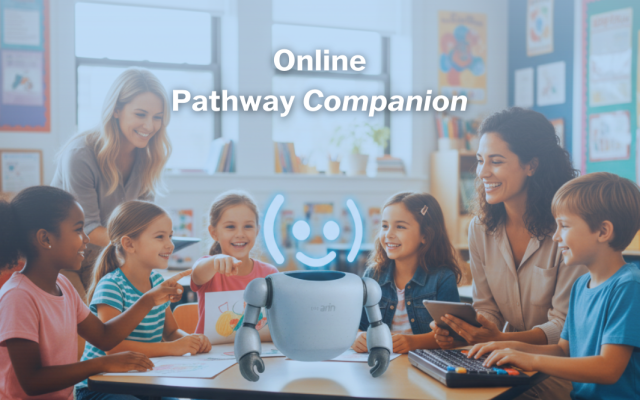The first training session in Turin
That it may replace human beings in their most creative activities, that it spreads fake news in an uncontrolled manner, that it violates privacy and copyright, that it can be influenced by the opinions of its "creators" … These are the doubts and fears expressed during the meeting at the Liceo Altiero Spinelli in Turin, the school headed by Antonijeta Strollo, on the topic of artificial intelligence, for the presentation of Project Human Digitals: Towards a Charter of Rights with the Fondazione Mondo Digitale with Intesa Sanpaolo, Google Cloud and TIM Enterprise as part of Opening Future.
Over 500 students, both present on-site and on-line, participated in the training session on human digitals, the realistic digital representation of a human being. It is perhaps one of the technologies that is most profoundly changing consumer experience because it is entering work organizations in a widespread manner, alongside more traditional roles. Moreover, in his training session, Federico Aguggini, Head of AI Transformation - Data Science & Artificial Intelligence at Intesa Sanpaolo, demonstrated how applications of this technology are already involved in many aspects of our lives. “The challenge of generative AI is a human challenge, of rules, of culture," explained Aguggini. "In the not-too-distant future, only 10 percent of human activities will remain unaffected by artificial intelligence and its variations, such as human digitals. It is important that we work now with you, tomorrow’s adults, on a charter of rights that includes all the aspects that must be protected in relationships between humans and human digitals. In the future, AI applications will have to explain the reasons for certain procedures in an increasingly exhaustive manner. And they will have to be increasingly free of stereotypes. So, in the team that works with me on artificial intelligence at Intesa Sanpaolo, we have technical figures but also legal experts and philosophers. Our data science structure,” concludes Aguggini, “is committed not only to providing knowledge to our colleagues, but also supplying data culture and awareness, therefore culture and awareness of technology. To work in this area, you need to continuously study and update. My collaborators are involved in research projects with universities and dedicate a lot of time to learning."
The meeting, moderated by Onelia Onorati and organized by Project Coordinator Claudia Belella, allowed for moments of interaction with those present and with students connected remotely, who were able to ask questions and agreed to be tested on some issues through the on-line mentimeter test.
As part of the project, we asked the classes to work independently in the coming weeks on defining the fundamental principles that must regulate the interaction between humans and human digitals by sending a one-page description to c.belella@mondodigitale.org. The projects, which must be received by February 2024, will converge into an initial document that will be presented and discussed at the RomeCup in March, at the presence of the various artificial intelligence, robotics, and human sciences experts. The classes have the opportunity to participate in the final event of RomeCup 2024 and the best works will receive prizes. In a few days, students will also be able to enjoy a web space with training materials of various kinds (video contributions, demos, articles, papers, insights, declarations, charters of rights), that will be freely accessible to better work on their project.
There were several expressions of interest in participating from those who were present at this first meeting. Student comments indicated at that work scenarios could emerge in which human digitals and their applications should not be demonized, but rather understood and improved; others pointed to ethical aspects they had not previously considered; while yet others dispelled the fears related to the predominance of technology over the interests of individuals.
The teachers of the remotely connected classes also gave us some comments. The Istituto Vittorio Alfieri in Asti third-year students were enthusiastic and very happy to be able to participate in the debate in an interactive manner. IIS Giorgi students from Milan felt close to the topic, especially when they were called upon to ask questions.



